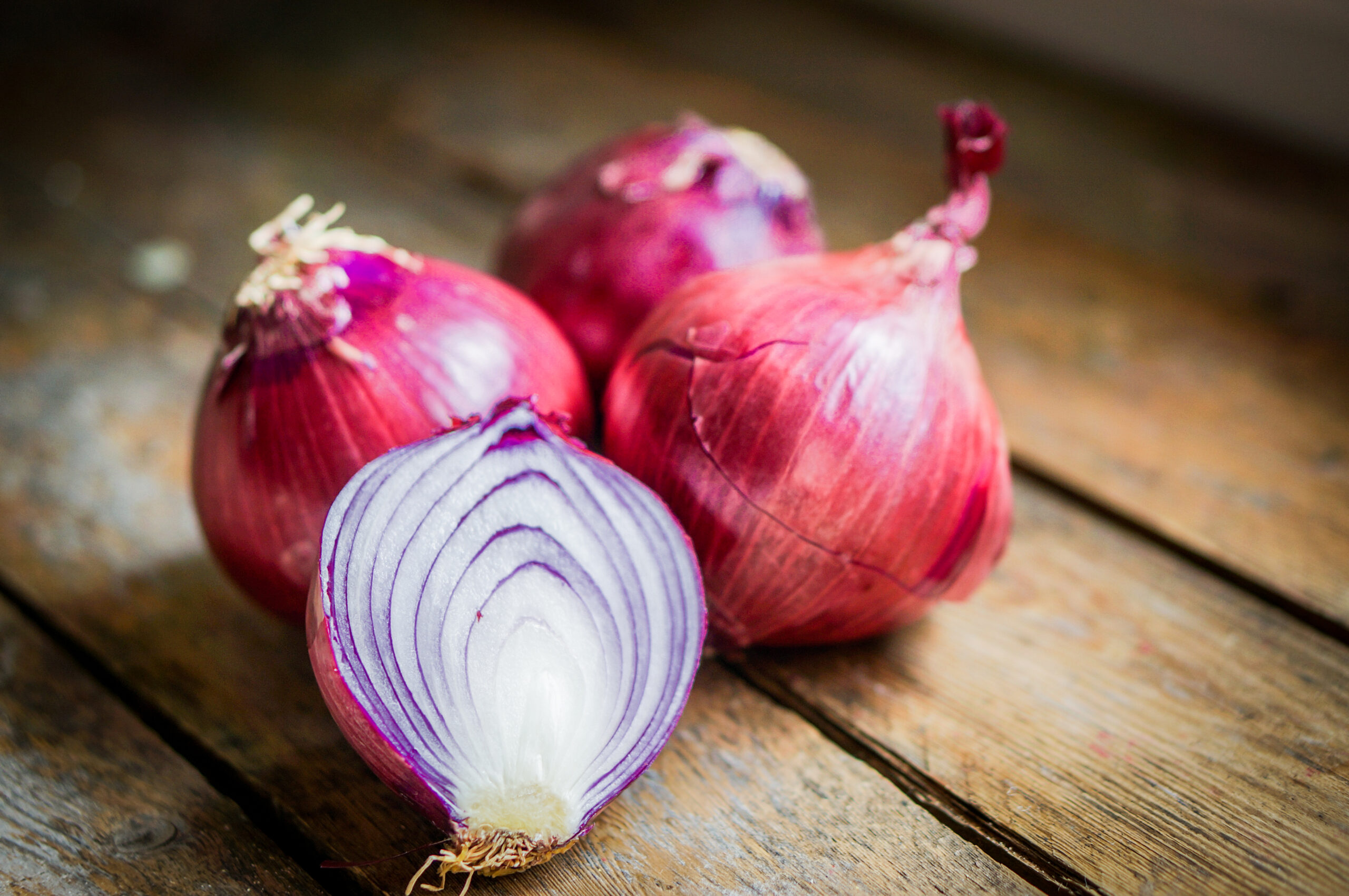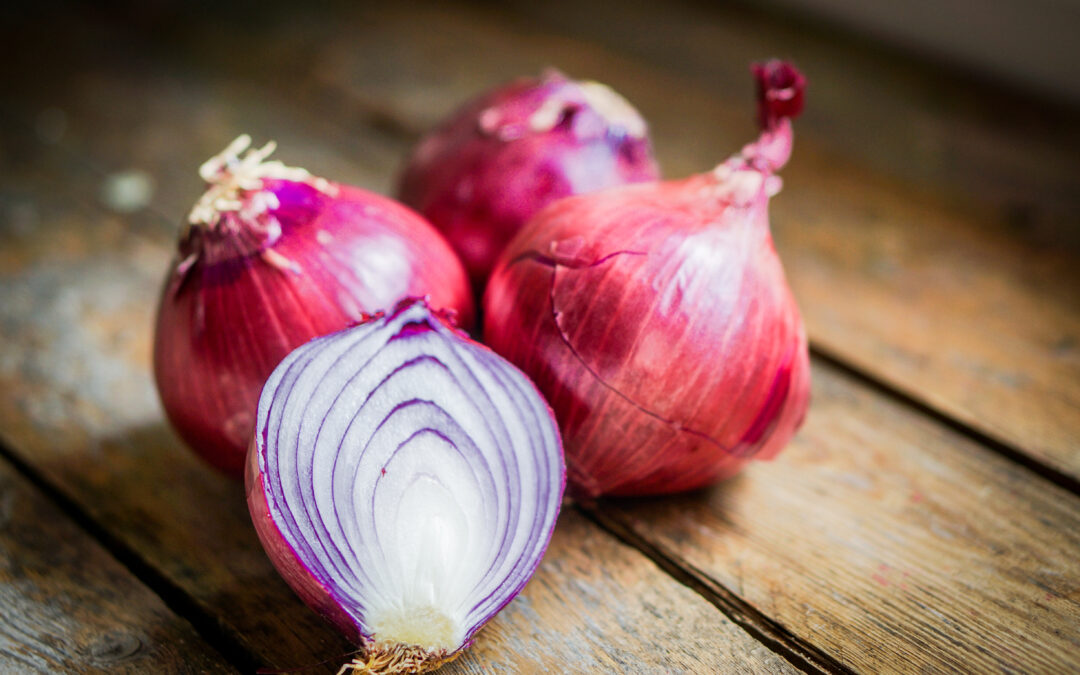Introduction to Organic Gardening:
Organic gardening is a method of growing plants and vegetables without the use of synthetic fertilizers, pesticides or genetically modified organisms (GMOs). Instead, it relies on natural methods such as composting, crop rotation, companion planting, and biological pest control. By using these techniques, you can grow healthy crops that are free from chemical residues and environmental pollutants.
There are many benefits to choosing organic gardening over conventional gardening. Here are just a few reasons why you should consider making the switch:
1. Better Taste – Organic fruits and vegetables often have a better taste than conventionally grown produce because they are not treated with chemicals that can alter their flavor.
2. More Nutritious – Organic food contains higher levels of vitamins, minerals, and antioxidants compared to conventionally grown food. This is because organic farming practices promote healthier soil which in turn produces healthier plants.

3. Better for the Environment – Organic gardening is more sustainable and environmentally friendly than conventional gardening. It reduces water and air pollution, conserves soil, and supports local ecosystems.
4. Improved Soil Health – Organic gardening focuses on building healthy soil through composting, mulching, and cover cropping. This results in better soil structure, increased nutrient availability, and improved water retention.
How to Start Your Own Organic Garden:
Starting an organic garden is easy and rewarding. Here are some steps to get started:
1. Choose the right location – Select an area that receives at least six hours of sunlight per day and has well-draining soil.
2. Remove any existing weeds or debris – Use a hoe or shovel to remove any unwanted plants or materials from the site.
3. Add compost and other amendments – Mix in compost, manure, or other organic matter into the soil to improve its quality.
4. Plant your seeds or seedlings – Follow the instructions on the seed packets or plant labels to determine how much space to leave between each plant and when to harvest.
5. Water regularly – Keep the soil moist but not saturated to prevent drying out or root rot.
Common Mistakes to Avoid When Starting an Organic Garden:
Here are some common mistakes to avoid when starting an organic garden:
1. Overwatering – Too much water can lead to fungal diseases and root rot. Make sure to follow recommended watering schedules based on weather conditions and plant type.
2. Not enough light – Plants need at least six hours of direct sunlight per day to thrive. If your chosen location doesn’t receive enough light, consider moving your garden or selecting different plants.
3. Using poor quality soil – Poor soil quality can result in stunted growth, reduced yields, and susceptibility to disease. Invest in high-quality soil amendments like compost and manure to improve soil health.
Conclusion and Final Thoughts:
Organic gardening offers numerous benefits including better taste, improved nutrition, and reduced environmental impact. With proper planning and care, anyone can start their own successful organic garden. Remember to avoid common mistakes like overwatering and using poor quality soil to ensure your plants stay healthy and productive.



